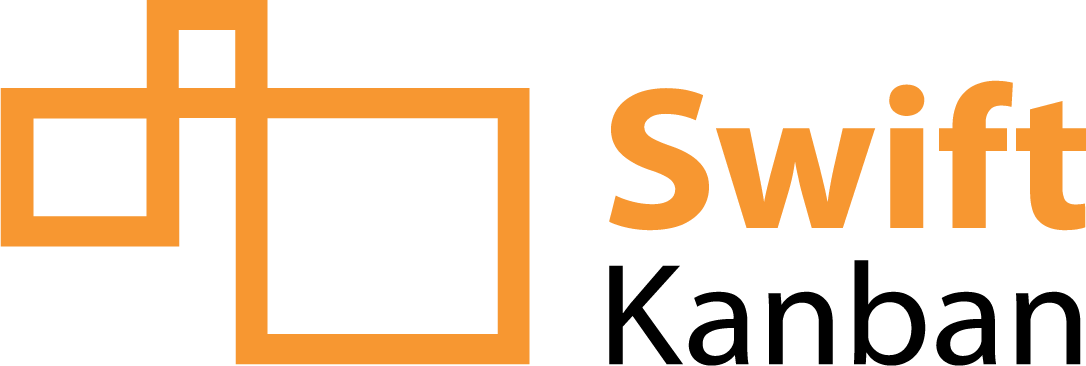In SwiftKanban, there are two types of roles for accessing features, these are:
- Primary Role: Role primarily provided for a user when he/she is registered in SwiftKanban to access the application.
- Board Role: Role provided for a team member to access the features when assigned to a Board.
Note that a user cannot be assigned multiple primary or board roles.
Following are the roles that you can assign to a user:
- The ‘Admin’ role allows users to perform administrative tasks for the organization and boards.
As an administrator, the user can access the ‘People’ menu to create users in the enterprise and change roles or other details of a user. Users can open all boards created in the application by users. Once a user opens the board, he/she can view and edit the board details. Users can invite a team member and delete a team member to set up a team. They can export and import cards from the List view. Users can create Board Templates and save existing Boards as templates.
- The ‘Manager’ role allows users to create a Board in an enterprise and edit board details.
As a manager of a board, users can perform managerial tasks such as inviting team members to a board and changing a team member’s role, maintaining backlog, adding/modifying/deleting cards, exporting and importing cards, adding and scheduling releases and sprints, and modify processes using the Board Editor.
- The ‘Member’ role allows users to access the boards to which a user is invited, and the People menu to view users in the enterprise.
A team member can work with cards on the Kanban Board such as add cards, pull, and move cards, block cards, change card types for cards, and so on. However, team members cannot delete cards or modify the process.
- The ‘Reader’ role allows users read-only access to the Kanban Board.
Users cannot work with cards on the Kanban Board such as add and move cards, block cards, archive, move cards to the backlog, add attachments, and To-Dos to the card. But users can view cards on the board, view relationships between cards, apply board filter, expand/collapse lanes and cards, view, add, and reply to comments, download attachments from the card, view activity log for the cards and the board, maximize the screen, and refresh the Board. They can export cards from the List view, but cannot import cards into SwiftKanban. Users with this role can also view the user list in the People menu.
Points to note when assigning a role to a team member on a board when inviting a user as a team member or changing the role of the team member:
- A user with a primary role as ‘Manager’ can be assigned a ‘Reader’ or ‘Member’ or ‘Manager’ role on a board.
- A user with a primary role as ‘Member’ can be assigned a ‘Reader’ or ‘Member’ or ‘Manager role on a board.
- A user with a primary role as ‘Reader’ can be assigned a ‘Reader’ role only.
- A user with a primary role as ‘Admin’ can be assigned a ‘Manager’, ‘Member’, or ‘Reader’ role on a board.
Let us understand what individual roles can or cannot perform both at the Organization ( primary) and Board (secondary) level.
- Users with a primary role as Admin have full access irrespective of whether they are invited to any board. Their board-level role internally will always be Manager irrespective of whether he is assigned a Member or Reader role in any project.
- Users with a primary role as managers have access to create and delete boards whereas users with a primary role as Member cannot create boards.
- Users with the primary role of Reader have read-only access irrespective of whether they are Manager or Member at Board level.
- Users with a Board-level role as Manager can edit Board Configuration and delete a card whereas a Member role at the Board level cannot do so.
- When a Board gets closed, all the team members and any other user roles like Shared Resource, Admin, Integration, Account Admin role that may be part of that Board will all be converted into the Reader role for that Board. So, irrespective of whatever primary role they have at the Org level, they will still be considered as a Reader for that closed Board.
